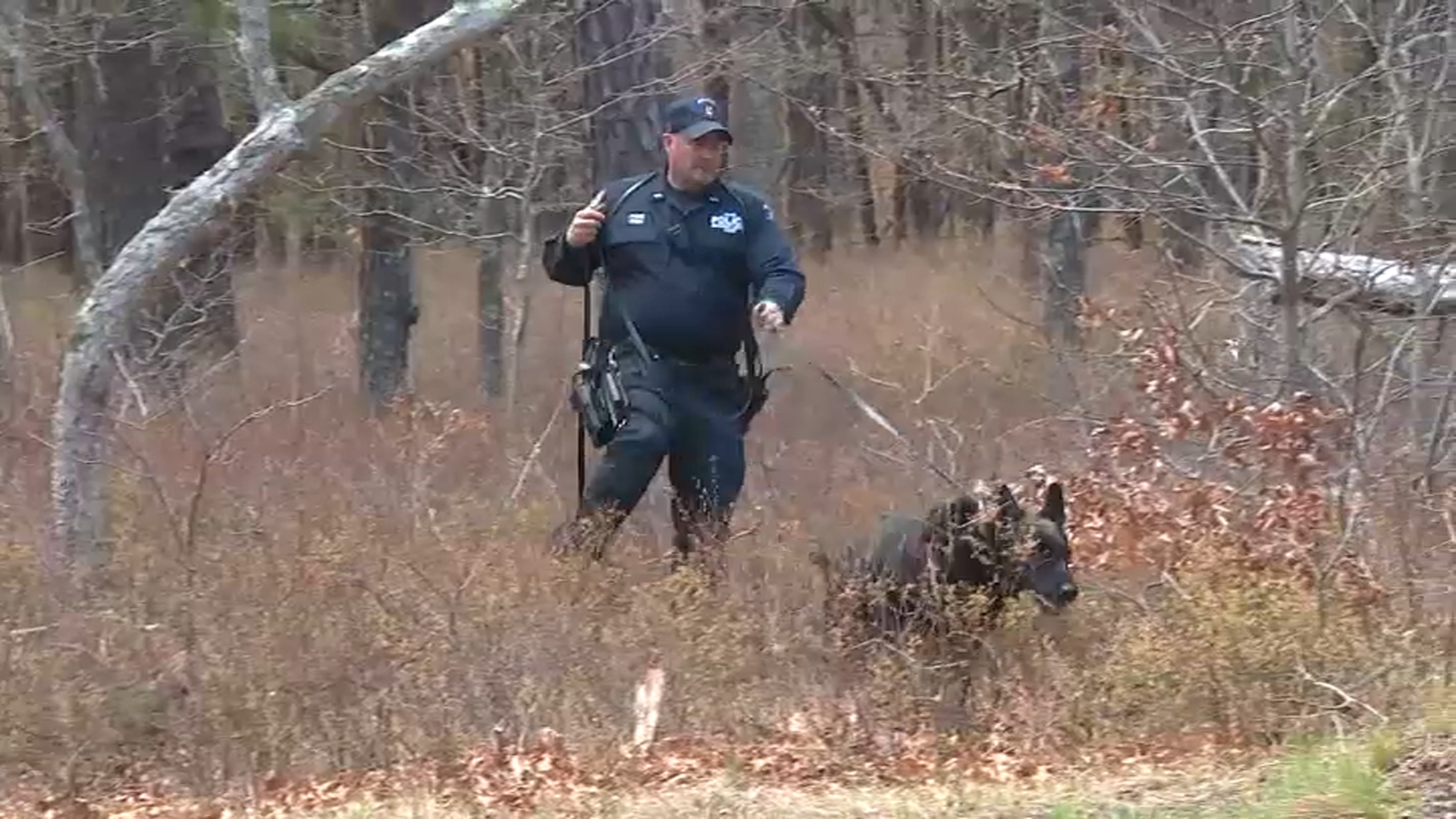What to Know
- The New Jersey Department of Health (NJDOH) is investigating a cluster of Legionnaires’ disease -- a bacteria-triggered form of pneumonia -- in Union County in which at least 14 cases, including one death, were confirmed.
- The cases were reported to the state's Department of Health between Feb. 3 and Feb. 26, according to officials.
- Health officials are working with the local health departments in Union County to investigate this cluster. The individual who died was a male resident of Union County in his late 60s.
The New Jersey Department of Health (NJDOH) is investigating a cluster of Legionnaires’ disease -- a bacteria-triggered form of pneumonia -- in Union County in which at least 14 cases, including one death, were confirmed.
The cases were reported to the state's Department of Health between Feb. 3 and Feb. 26, according to officials.
Health officials are working with the local health departments in Union County to investigate this cluster. The individual who died was a male resident of Union County in his late 60s.
Get Tri-state area news and weather forecasts to your inbox. Sign up for NBC New York newsletters.
“This is a continuing investigation. The risk to anyone who lives in Union County is very small,” said New Jersey Health Commissioner Judith Persichilli. “Out of an abundance of caution, the Department recommends that individuals who live in Union County who become ill with pneumonia-like/respiratory symptoms, such as fever, chills, cough, shortness of breath, muscle aches, and headache visit their healthcare provider.”
The state sees about 250 to 350 cases of Legionnaires' disease a year.
Legionnaires' disease is contracted by breathing in water droplets contaminated with the Legionella bacterium; those droplets can come from cooling towers, decorative fountains, air conditions and plumbing systems. While Legionella bacteria can be found in many different kinds of water systems, you can't get sick from drinking water, nor can you transmit the disease to another person. Home air conditioning units use a different type of water and are not at risk for Legionella growth, health officials say.
News
It can take up to two weeks for symptoms to develop. Because of this, although Legionnaires’ disease is treatable with antibiotics, NJDOH recommends that those who develop symptoms within two weeks of being in Union County seek immediate medical attention.
The risk of Legionnaires’ disease among residents or recent visitors to Union County is low. Most healthy people exposed to Legionella do not develop Legionnaires’ disease. People over the age of 50, especially those who smoke cigarettes, or those with certain underlying medical conditions, including weakened immune systems, chronic lung disease or other chronic health conditions, are at increased risk for Legionnaires’ disease.



